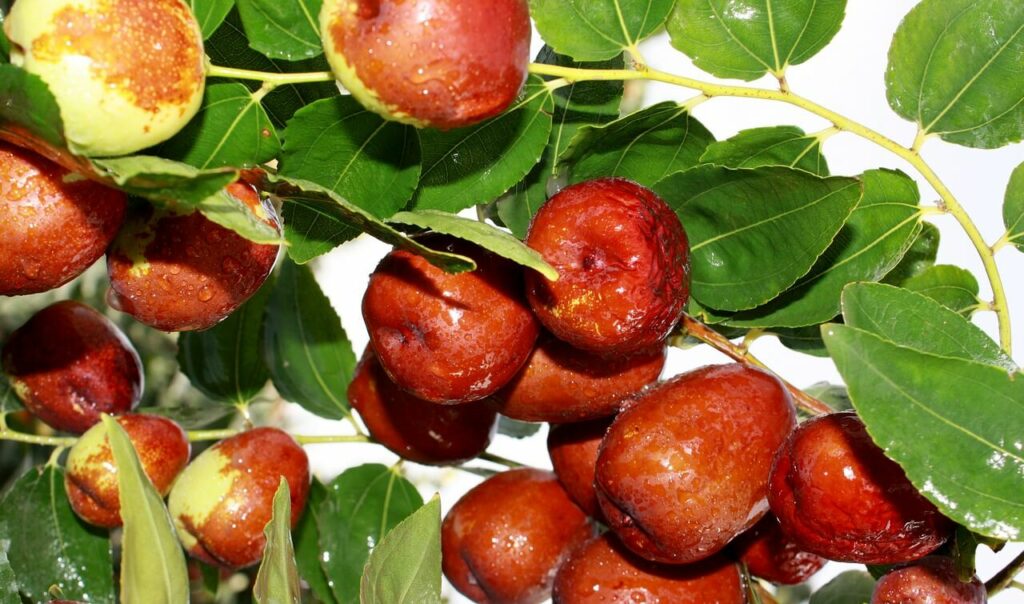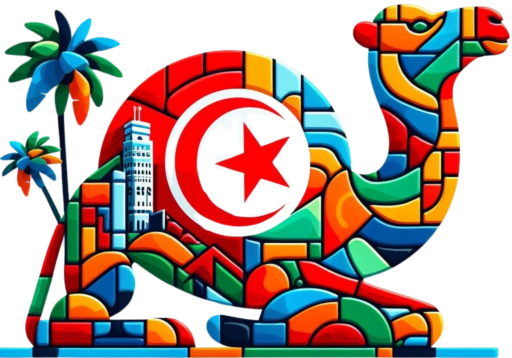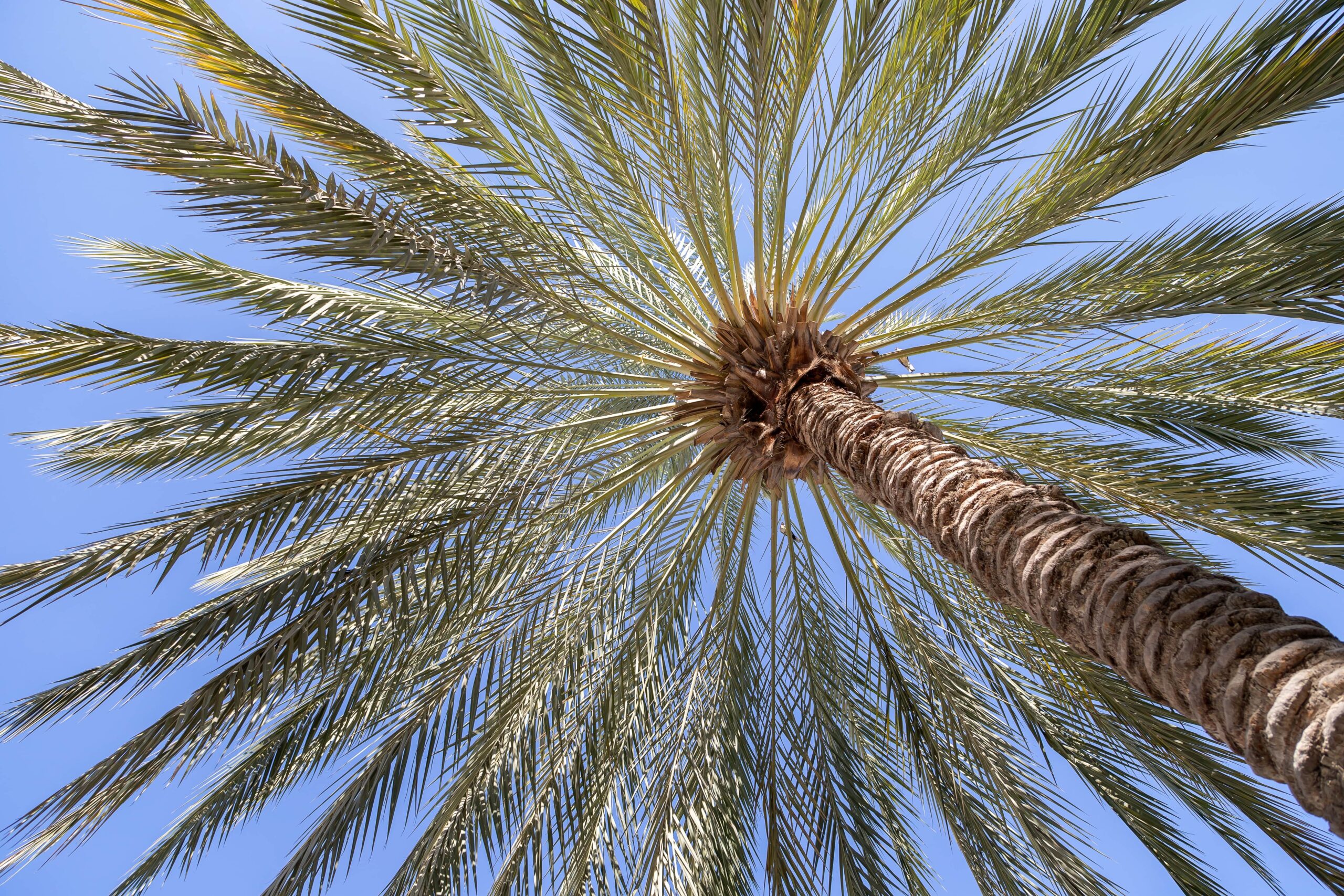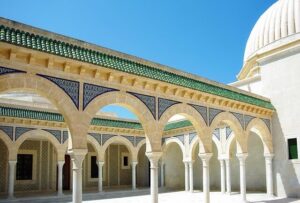Table of Contents
Introduction
The date palm, scientifically known as Phoenix dactylifera, is an iconic plant of desert regions
and a fundamental component of the cultural traditions of many Arab countries. Beyond its nutritional value, this plant
represents a vital economic, cultural, and environmental resource.
In 2019, the UNESCO World Heritage Committee officially recognized the date palm as an
intangible cultural heritage of humanity, celebrating the traditional knowledge and practices associated with it.
This recognition highlights the importance of the date palm as a symbol of resilience and cultural connection,
uniting 14 Arab countries in a shared tradition. Among these, Tunisia plays a crucial
role in oasis development and the preservation of date palms.
History and Culture of the Date Palm
A Millenary Heritage
The date palm has a history spanning thousands of years, rooted in the civilizations
that developed along the Nile and in the desert regions of the Middle East and North Africa.
The plant was revered not only for its nutritious fruit but also for its ability to thrive in extreme climatic conditions.
Cultural Symbol
In Arab countries, the date palm is a symbol of abundance and prosperity. Its leaves, fruits, and trunk
are often depicted in art, poetry, and folk songs. The palm is not just a resource but also an element that strengthens
the cultural identity of local communities.
UNESCO Recognition
UNESCO’s recognition emphasizes the importance of preserving traditions related to the date palm,
such as cultivation, fruit harvesting, and the artisanal use of its parts. This intangible heritage has been passed
down through generations, maintaining a deep connection between humans and nature.
Characteristics of the Date Palm
Natural Habitat
The date palm thrives in arid climates, where high temperatures and low humidity create the perfect
environment for its growth. Its deep roots allow it to access underground water reserves, making it a highly adaptable species.
Palm Morphology
This evergreen plant can reach a height of over 20 meters. Its long, arching leaves are used in various artisanal applications.
The sturdy trunk supports clusters of dates that can weigh several kilograms.
Date Production
Dates are the primary fruit of the date palm. These sweet and nutritious fruits are an essential energy
source for local populations and an important commercial resource in international markets.
Economic and Cultural Importance
A Strategic Economic Sector
The cultivation of the date palm provides income for millions of people across the Arab world.
Tunisia, for example, is one of the leading exporters of high-quality dates, such as the Deglet Nour variety.
Multiple Uses
Beyond the fruit, other parts of the date palm are used in crafts, construction, and traditional medicine.
The leaves are woven into baskets and mats, while the trunks are used as building materials in rural areas.
Preservation of Traditions
Activities related to the date palm foster the transmission of artisanal skills and traditional agricultural practices.
This cultural heritage helps strengthen ties within local communities.
Date Palm and Sustainability
Oasis Protection
Tunisia has undertaken various initiatives to protect its oases, where the date palm plays a crucial
role in combating desertification and conserving biodiversity.
Cooperation Projects
Thanks to support from international partners, such as the Italian Embassy, programs have been launched to improve
sustainable water resource management and enhance agricultural infrastructure.
A Sustainable Future
The goal is to ensure that the date palm continues to thrive, contributing to the well-being of future generations
and the protection of the environment.
Frequently Asked Questions
How many types of dates are there? There are hundreds of varieties, each with unique flavors and textures.Why is the date palm important? It is a vital nutritional, economic, and cultural resource.
Read more of our articles, click here.
Would you like to grow and nurture a date palm sustainably?
click here.






